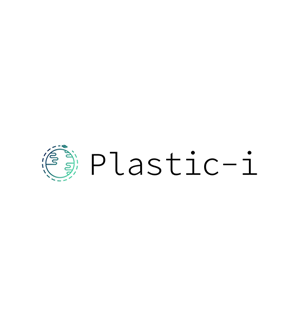- MIK S. Coop. - Spain,
- Gobierno del Principado de Asturias - Spain,
- Atlantic Technological University - Ireland,
- Agrupación de Sociedades Asturianas de Trabajo Asociado y Economía Social - Spain,
- Sociedad para el Desarrollo Regional de Cantabria (SODERCAN) - Spain,
- I Clean My Sea - France,
- Centro para a Valorização de Resíduos (CVR) - Portugal,
- École Supérieure des Technologies Industrielles Avancées - France,
- University of Limerick - Ireland,
- Laboratório da Paisagem - Portugal,
- South East Business & Innovation Centre - Ireland
The OECD's report from February 2022 shows that there's a huge amount of garbage in the oceans - 140 million tons, and 80% of it is plastic. Every year, an additional 12.5 million tons of garbage, mostly plastic, gets added. This is a big problem because it's predicted that by 2050, there might be more plastic in the oceans than fish. This is bad for the environment, the health of marine life, and the economy. The Bay of Biscay, near France, has 55,000 tons of plastic, affecting the Atlantic-Cantabrian coast. BLUEPOINT wants to turn this problem into an opportunity. They plan to create a system where everyone involved - different groups, businesses, and countries - works together to deal with marine plastic. The goal is to set up a Blue Circular Economy for marine plastics. The project will bring together various people and organizations to cooperate, come up with new ideas, start businesses, and work internationally to make the most of the value in marine plastic and create new opportunities. Partners are starting in the Atlantic-Cantabrian regions and hope to create a model that can be used in other places, helping the maritime sector become more efficient and circular in its use of resources.
Want to analyze based on this project via our analysis tool? Analyze this project
Knowledge Gaps
Environmental fate and behavior of plastic
Environmental effects and ecotoxicity
Commercial-related uncertainties


